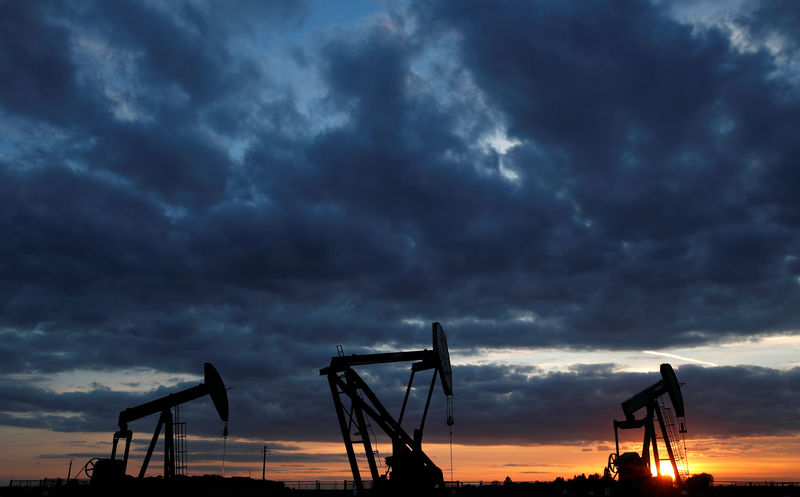By Geoffrey Smith
Investing.com -- Europe’s stock markets were modestly higher after early trading on Wednesday, content to mark time ahead of the U.S. Federal Reserve’s interest rate decision, which won’t come until after the European close.
Sentiment was helped by the partial pull-back in crude prices after Saudi Arabia said it would be pumping oil at full capacity again by the end of the month. That removes a key source of risk from Europe’s equity markets, given the negative impact on demand on a region that is a big net importer of oil and gas.
Even so, oil and gas stocks continued to attract bids.
Brent crude is still trading comfortably above the $60 level that most European majors need to cover their investment needs and dividend obligations. As such, that adds an extra level of certainty to the relatively high dividend yields that most of them offer.
According to data compiled by Investing.com, European oil and gas majors currently trade at the following dividend yields:
- Equinor ASA - 4.82%
Healthy cash flows for oil companies of course are generally bad news for their customers. As such, Deutsche Post (DE:DPWGn), the owner of DHL, was the biggest loser on the German DAX Wednesday, falling 2.0% after rival FedEx's (NYSE:FDX) profit warning late in New York on Tuesday. Swiss-based logistics group Kuehne & Nagel (SIX:KNIN) was also down 2.4%, although U.K.-based Royal Mail (LON:RMG) escaped collateral damage, rising 0.6% by 5 AM ET.
The benchmark Stoxx 600 was up less than 0.1% at 389.54, while the U.K. FTSE 100 was up 0.2% and the Italian FTSE MIB led the way with a 0.5% gain, recovering after Tuesday’s dip. Italian assets were hit by the decision of former Prime Minister Matteo Renzi to split from the Democratic Party along with a number of senior allies. However, the group will still support the new governing coalition. In similar vein, Spain’s IBEX 35 rose 0.1%, shrugging off the prospect of yet another election after King Felipe called time on Pedro Sanchez’ minority left-wing government.
“Markets agree that this is no big deal,” said Capital Economics analyst Angel Talavera via Twitter. “(The) economy continues to be much more dependent on external factors as well as its position in the cycle than to who is in power in Madrid.”
